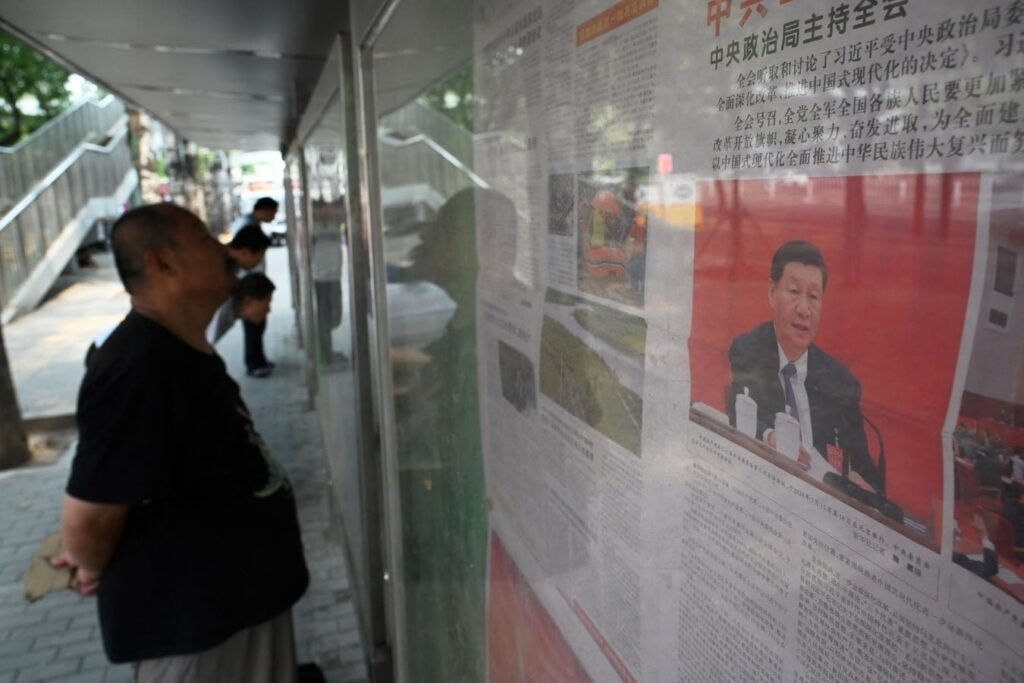China’s Third Plenum, a significant gathering of the country’s leaders focused on economic policy, highlighted the importance of harnessing artificial intelligence (AI) for economic growth, cooperation with developing countries, and protecting minors online. However, the main focus of the Plenum was on AI safety and its implications for national security. Chinese President Xi Jinping proposed creating an AI Safety oversight mechanism to establish a regulatory system to better leverage science and technology to safeguard national security.
Leaders around the world are increasingly recognizing their responsibility to ensure that AI is safe, even if it comes at a cost to the industry. However, there is a lack of consensus on what exactly constitutes AI safety and how high a cost would be tolerable. In the United States, concerns about stifling innovation still persist, but the transparency of AI’s downsides and the privileges it offers to tech billionaires, like Mark Zuckerberg, are becoming more apparent through media coverage.
As AI applications continue to evolve, there is growing concern about the dangers of unchecked AI. Some regions, such as California and New York City, have implemented laws to guard against bias, while the European Parliament has passed the AI Act, emphasizing that safety and innovation are not mutually exclusive. In this context, China’s emphasis on AI Safety at the Third Plenum indicates a broader concern beyond simply winning the AI race against America, with internal worries about maintaining social stability and order.
China’s efforts to establish national and global guardrails for AI governance are evident in recent developments, including the adoption of a resolution on AI governance proposed by China at the United Nations General Assembly. Chinese experts have acknowledged the national security threats posed by AI systems, while also highlighting the need to protect industrial development, citizens’ rights, and social justice. The discourse on governing AI in China reflects tensions seen in other major economies, balancing the need for regulation with the desire for technological advancement.
While China recognizes the national security threats posed by AI, it remains focused on competing with the U.S. in the global AI race. The narratives of rivalry, triumph, risk, and victimization surrounding great power competition over AI technologies are prevalent, with neither the U.S. nor China showing much interest in overcoming these tensions. As AI continues to shape the future of technology and society, navigating the complex landscape of governance, safety, and competition will be crucial for countries around the world.












